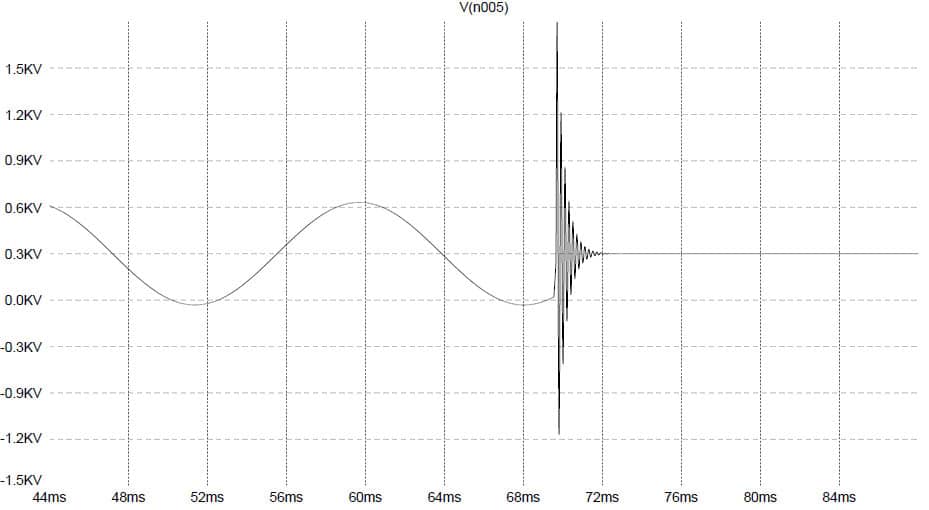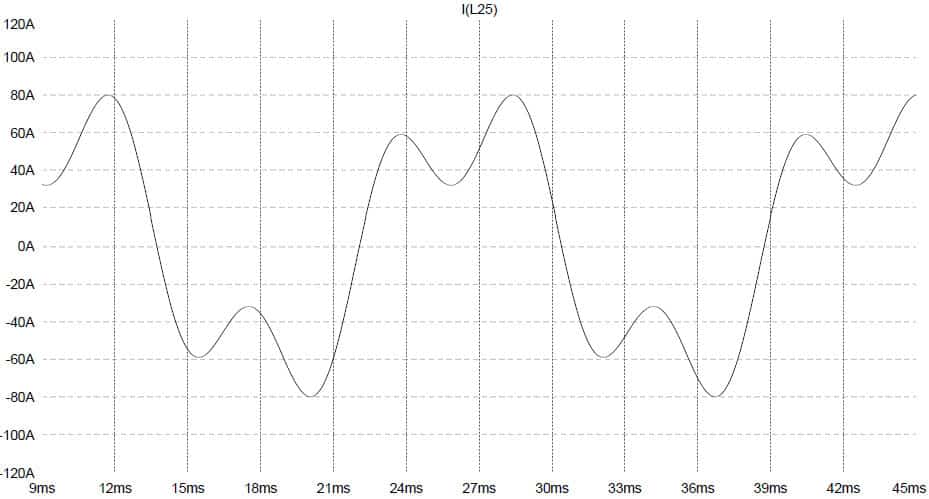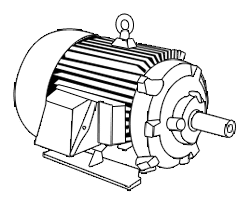Power Quality
Is, roughly defined, the ability of an electrical system to support loads without the introduction of variations in the source that negatively affect the loads or power system.
If a system was capable of providing a perfectly regulated, continuous, sinusoidal voltage to an electrical load under all conditions, the power quality of that system might be considered perfect. However, in the real world, this is not the case. Voltages vary over the course of the day. Faults on the system result in momentary deep reductions in voltage. The switching of capacitor banks and some types of faults can result in harmful overvoltages. Poor wiring practices within a facility may compromise the grounding integrity. All of these can result in mis-operation, damage, or nuisance operation of equipment.
The investigation of a power quality problem must go beyond the ability to connect a meter and compile reams of data into a report with little analysis or understanding of the root problem. ELECT, P.C.’s experienced staff will investigate your power quality problem with an understanding of the factors that are and are not relevant, and how changes in the system or remedial equipment will affect the problem. ELECT, P.C.’s diagnostic process will minimizing metering and on-site disruptions, and arrive at a concise recommendation for the most practical and economic solution.
Transient Analysis

However, if a system is not properly protected, protective devices have failed, or transient events are not severe enough to be clamped, a well-designed system can still experience problems. Because transients are often unpredictable, the metering and diagnosis of the exact problem is often very difficult.
ELECT, P.C. can identify and measure power system transients and model these using software, if necessary, in order to diagnose or solve transient-related power systems problems.
Harmonic Analysis Studies

Motor Starting Studies
